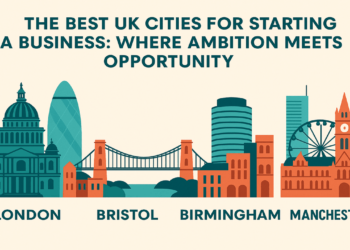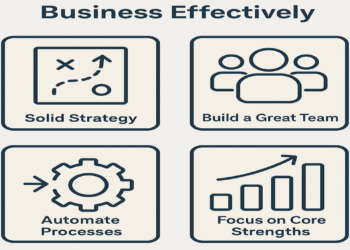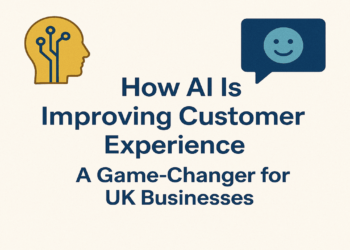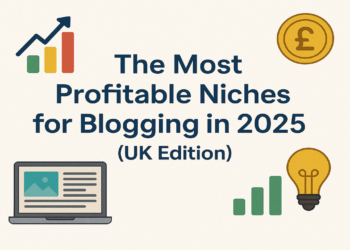Research at PhD-level looks daunting at the outset. There are thousands of matters to figure out, ranging from choosing your research topic to endless reading to stay on top of scientific breakthroughs. One very vital choice that you make early on as a researcher is selecting your PhD lab. So, what key points should you keep in mind before this decision?
Chloe Kirk, a PhD candidate at the University of Miami, shares some thoughts through her experience that may help the candidates in making the right and suitable choice when it comes to finding a lab. She emphasizes that it’s hard to find the perfect lab and one’s perfect choice may be another’s nightmare. Picking a lab is all about balancing which of the factors below are non-negotiable.
- Check for Funding
This may seem like a no-brainer, but a great place to start when narrowing down research labs is how much funding do they have? If the lab doesn’t have much funding, will you be allowed to apply for grants yourself, and if so, is this something you want to get experience in? A lack of funding does not mean the research isn’t worthwhile, but it does mean you will either have more opportunities to apply for grants yourself, or add a layer of stress applying for grants when you want to focus on experiments.
- Find a Reliable Mentor
A great mentor can mean lots of different things depending on what you’re looking for. Some might want a hands off mentor, one you meet with maybe once a week to discuss project updates, while others might want to bounce every experiment idea with their mentor. Choose what kind of mentorship style you are looking for before you hunt for the perfect lab.
- Consider your Research Interests
Don’t like animal work? Then probably don’t pick a lab exclusively doing mouse studies. Can’t stand immunology acronyms? Don’t join an immunology lab. Enjoying what you are researching is instrumental for motivation after the initial excitement of a PhD wears thin. Research inevitably won’t always work flawlessly, but as long as you enjoy the basis of what you are studying you can always answer why you keep going.
- Setting Expectations
Are you looking to publish in the highest impact journals, or do you value working a consistent 9-5? Are you okay with working weekends, or how many years are you willing to pursue your PhD? These are all expectations you need to set with your potential lab, and talking with the current grad students and scientists in the lab will help answer if this lab fits the expectations you are looking for.
- Don’t forget about your Labmates
Last, but certainly one of the most important ones is good and supportive labmates. Chloe mentions this as one of the highlights when looking for a suitable lab for yourself. She adds that no matter how much you are interested in the research topic, if the environment in the lab is hostile for you, giving your 100% will not be possible.
Addressing all the potential problems that a newcomer may face, Chloe is sharing her experience to help and guide those in need. To know more about her experiences and get advice from her, head to her blog and Instagram page.

























